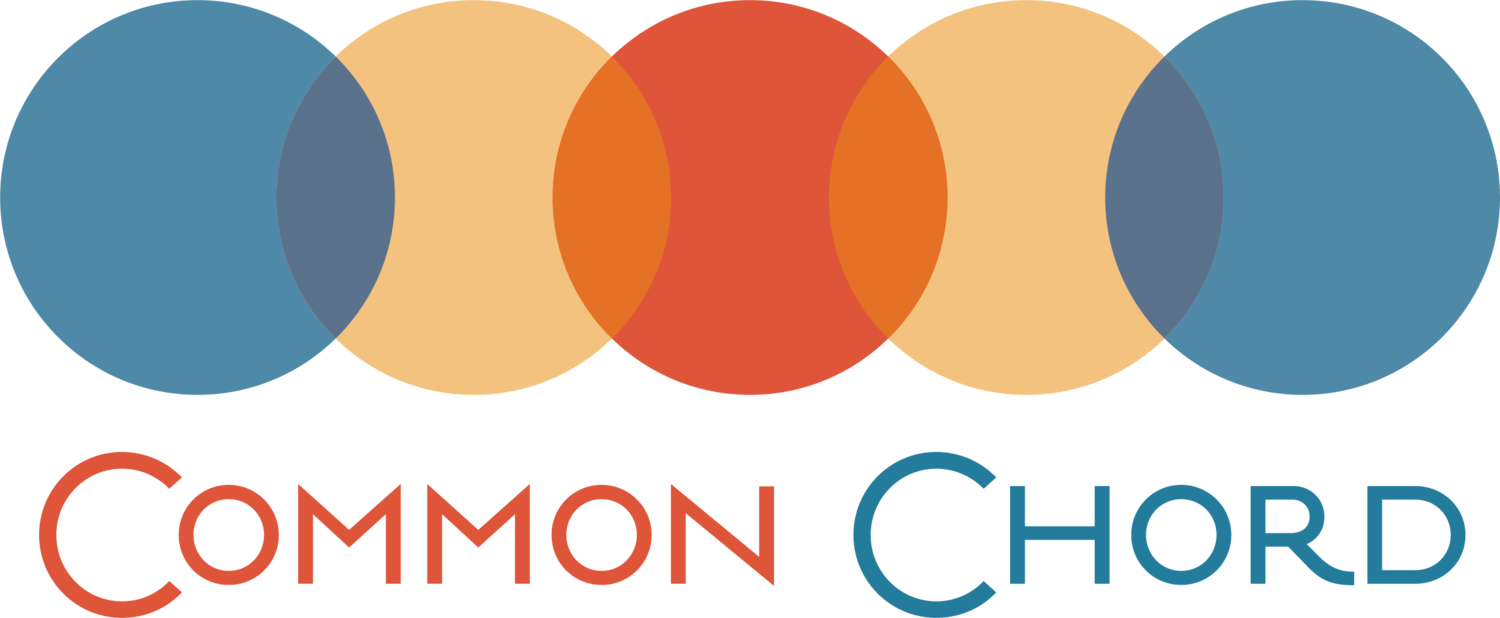Helping Your Adoptee by Helping Yourself
As adoptive parents we may often struggle with knowing whether a behavior stems from adoption trauma or challenges of being a kid. And because we are not our adoptee, we can’t know this unless they are aware enough and verbal enough to share this information with us.
Most people struggle with some form of trauma, grief, anger, or the feeling of being wounded or unlovable at some point in their lives. But especially for adoptees these feelings can be a prevalent part of their experiences, thoughts, and feelings. Or an adoptee may have little trauma other than that of being a human being.
I interviewed Simon Benn last week on my podcast and he talked about his revelation and how he healed from feelings of anger and unlovability surrounding his adoption. He grew to see his thoughts and feelings as separate from himself or his core being. He could think and feel wounded and hurt but his core self could not be wounded. What caught him up was the thinking that he was wounded rather than really being wounded as an individual.
Prescribing to this belief can give many people hope for unraveling the layers of their thoughts and feelings to uncover their diamond gem selves. As parents this belief can give us a sense of relief that our children may not be permanently negatively impacted by adoption.
One thing I try to stress to parents is that you are not your adoptee. As I mentioned earlier, we cannot know whether a behavior stems from adoption trauma or from being a normal human kid with a myriad of other fears and concerns. If as parents we’re approaching each behavior assuming that this is a reaction to adoption trauma, then that feeling or sense will rub off on our kids. They will start to believe that they are damaged because they are adopted.
So it is important as adoptive parents, or any parents really, to work on how we are viewing our children and their behaviors. Do we make assumptions that may influence our children and how they’re thinking and feeling about themselves?
In my podcast, Is Adoption Trauma Defining? Simon Benn tells his story and has many more tips for how to look at your thoughts and feelings and see them for what they are, thoughts and feelings. You can listen to my podcast to learn more here.
More about Simon Benn…
Simon Benn was adopted at 5 weeks old and has known this his whole life. It wasn't until 40 years old when he found out that his teddy bear was a gift from his birth mother that he started feeling intense anger about being unloved and not good enough. Simon turned to personal development to find happiness and eventually sold his publishing business to help others. He now is the author of a children's activity book series, Jack Cherry and The Juicer, to share the secret to happiness with children.
What You Will Learn:
Trauma is thoughts and feelings, not identity
All of your relationships with others start within yourself
Feeling wounded does not mean we are wounded
This too shall pass
Resources:
Listen on your favorite podcast channel or here.
In health,
Laura Anderson
Dr. Laura S. Anderson specializes in educating and supporting families, as well as clinicians who support transracial adoptive families, across the globe to overcome barriers, derive strength from their differences, and thrive. She is a dynamic advocate for multiracial families and a strong advocate for supporting "third culture" children and families who may need support with the stressors associated with living out of their countries of origin.
Contact Dr. Anderson here.



